Types of Toxic & Non-Toxic Cookware
Pots and pans come in a wide range of materials. Some cookware materials are okay, if you have the right variety, or if you don’t use them every day. Let’s go through these one by one, including the brands we recommend.
Nontoxic Cookware Materials
The following materials are always non-toxic. We will share our favorite brands made of these materials below, under The Best Stuff.
Carbon Steel
Carbon steel is sometimes used for frying pans and woks. It’s similar to cast iron, and can leach small amounts of iron into food, which is great if you have someone with slight anemia in your home!
Cast Iron
For most of human history, people suffered from iron deficiencies, so cooking with cast iron helped to prevent anemia. In modern cultures, the opposite is true. Most of us get plenty of iron, and there’s a point at which ingesting too much can be problematic. In our kitchen, we try to switch between cast iron pans and pans made of other materials throughout the week. If you want to be extra cautious, you could avoid cast iron for recipes with long cooking duration or acidic foods, as this will cause increased iron leaching.
Stainless Steel
Stainless steel pans are generally Good Stuff. The only caveat here is that stainless steel is made with nickel (the more nickel in the mix, the more “stainless” it is). The problem is that our bodies can handle some nickel, but too much isn’t healthy. This means that high quality stainless steel cookware, which has higher percentages of nickel, is actually of more concern than lower quality stainless steel! We know that stainless steel pans do leach nickel (along with some chromium and iron), especially with longer cooking times and when cooking acidic foods such as tomatoes. To minimize the potential for nickel leaching, you’d ideally want a pan that’s 18/4 or 18/0 stainless steel (that first number is the percentage of chromium; the second is nickel). I wouldn’t be concerned about using stainless steel as long as you just switch up your cookware. If you sometimes using cast iron and enamel pots and pans, you won’t be exposing yourself to too much nickel from stainless steel. If you’re still worried, you could avoid stainless steel when cooking acidic foods for long time periods.
Tempered Glass
Glass is probably the most inert of any cooking surface, and you can even get pots and pans made of this ultimate Good Stuff!
Titanium
Titanium is a non-toxic and biocompatible metal, so it is used for medical instruments, dental implant devices, and joint replacements. Titanium is also lightweight and extremely strong. Titanium cookware uses an aluminum base for even heat transfer and distribution. The non-porous, non-stick titanium outer surface does not allow any aluminum to leach through. The only reason to be cautious about titanium cookware is that it seems that most manufacturers now coat their titanium cookware with non-stick finishes, rendering it “Bad Stuff.”
Materials That May Be Safe in Cookware
When shopping for non-toxic cookware, some of these materials come in safe forms. Other times, they are treated (or untreated, as the case may be) in a way that renders them less safe.
Clay
Without testing a clay pot for every possible contaminant, you have no way of knowing what might be leaching into your food. Without a glaze on the pot, there is no protective barrier between what’s in the clay and your meal. The risks of unglazed clay pots and pans outweigh the potential benefits of the good minerals that might leach into your food—calcium, iron, etc.
Coated Ceramic
Made from natural materials such as clay and minerals, ceramic cookware offers excellent heat retention and distribution. Its non-reactive surface makes it ideal for cooking acidic foods, and it is also appreciated for its nontoxic nonstick cookware properties, requiring less oil or fat during cooking. Furthermore, it is generally considered safer than nonstick alternatives since it doesn’t contain potentially harmful chemicals like PFOA or PTFE. Ceramic cookware can be considered a safe less-stick if not truly truly non-stick material. Some ceramic cookware is coated with materials that may contain harmful substances like lead, cadmium, and other heavy metals. To ensure safety, it is crucial to choose ceramic cookware that is labeled as free from toxic materials and is certified as being compliant with safety standards.
Enamel
In essence, enamel is a form of glass. Enameled cookware is most often cast iron with an enamel coating. This type of cookware is wonderful to cook with. Some people have worried about lead in the enamel cookware, since the enamel coating is often made of clay, which can leach lead. For this reason, we suggest choosing high quality enamel cookware from well-known brands.
Materials to Avoid in Cookware
The following materials are always unsafe when used for cookware. You’ll learn more about how to avoid them under the Bad Stuff and Sneaky Stuff, below. Look for cookware brands that they have tested under limits for California Prop 65 for more peace of mind.
- Aluminum
- Copper
- Nonstick/Teflon
- Plastic


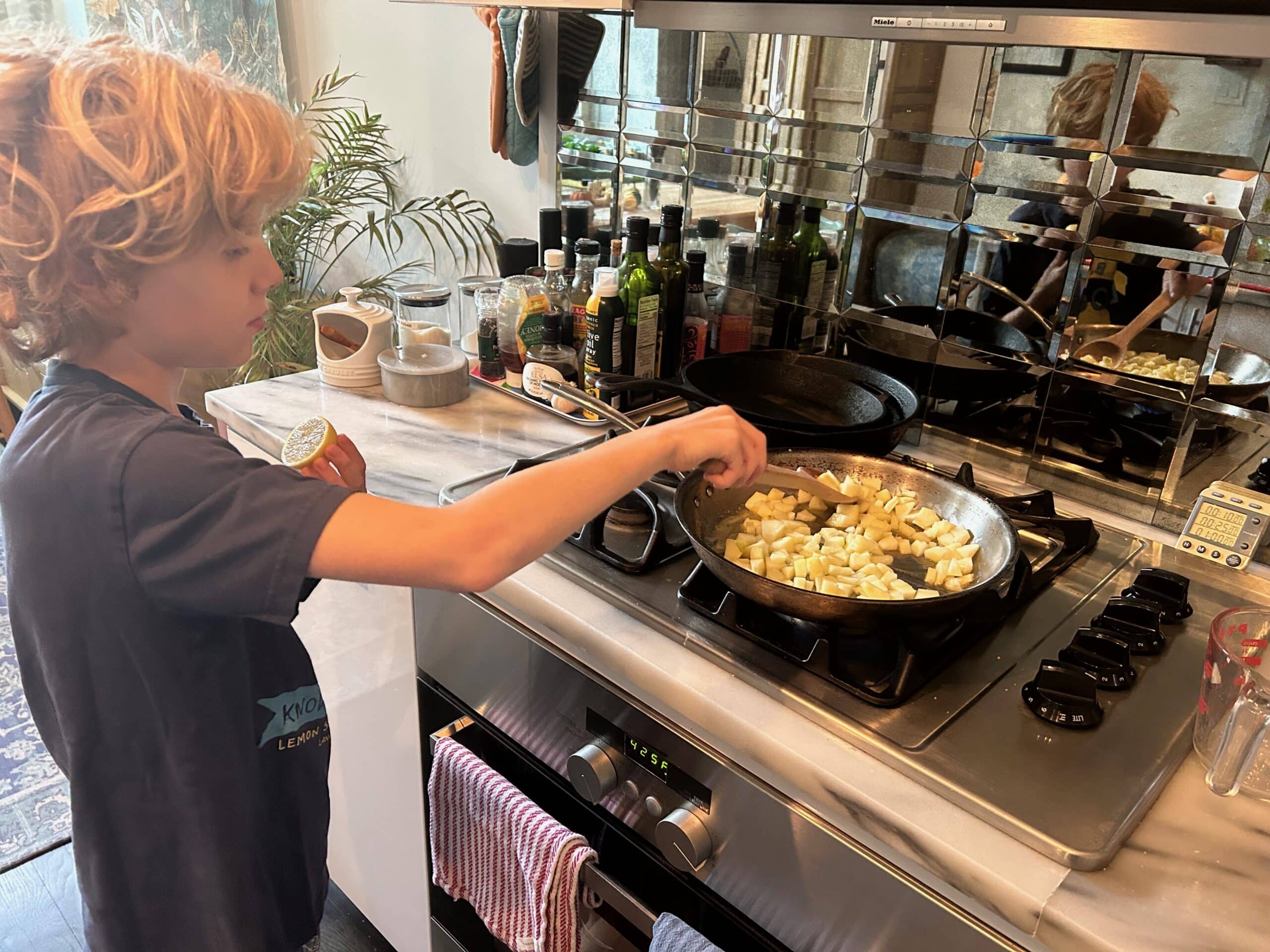







































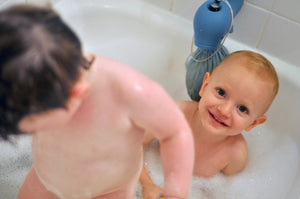

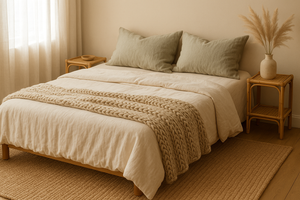
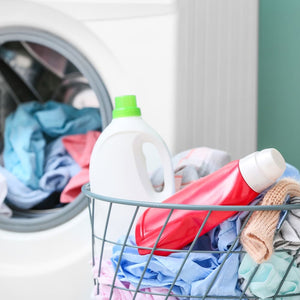
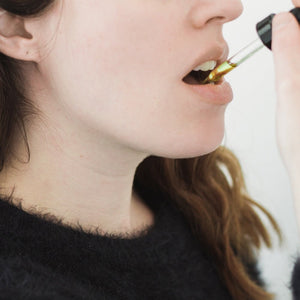
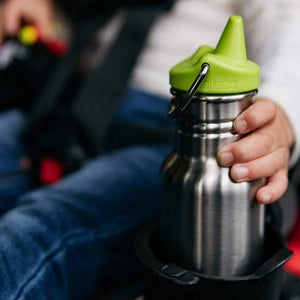
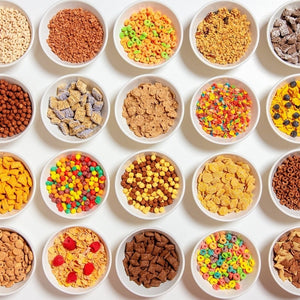
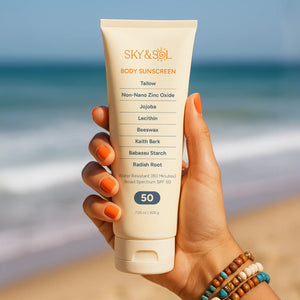
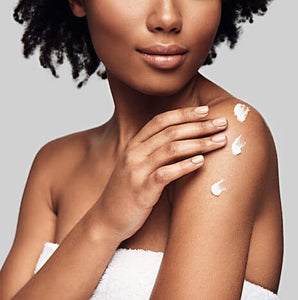
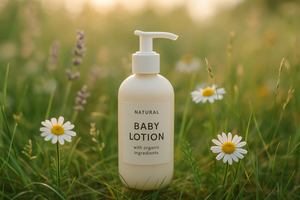
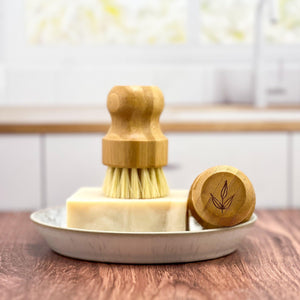
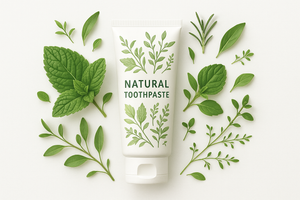
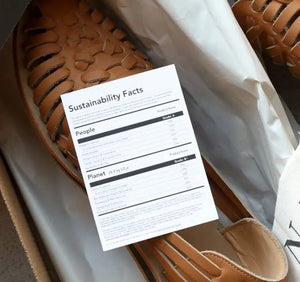
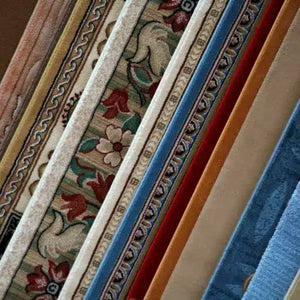
247 comments
David W
Curious about all-clad pans as I try to use as much of this brand as possible. Always think of it as a high standard and made in the USA.
I have an iron disorder so have to avoid cast iron.Sally
Lead in pans and ceramic cannot be tested using the lead swabs you recommend. Many of the products you have listed do contain high levels of lead according to Tamera Rubin. She uses a specialized testing instrument Niton XRF.
Stephanie
How would you rank Hex clad with its diamond layer to Green Pan?
I was curious if the diamond layer helped the fact that they use PTFE?
Robin J
I am wondering the same thing as Lisa!! Specifically the research on the Always Pan and why it is safe.
Tiffany
I’m assuming Faberware isn’t any good? I had no idea about how non-stick T-fal or Teflon was until we started looking into getting a pet bird. Then we learned that no only is it toxic to birds but also humans! So, now I’m searching for the best pots and pans (with budget in mind).